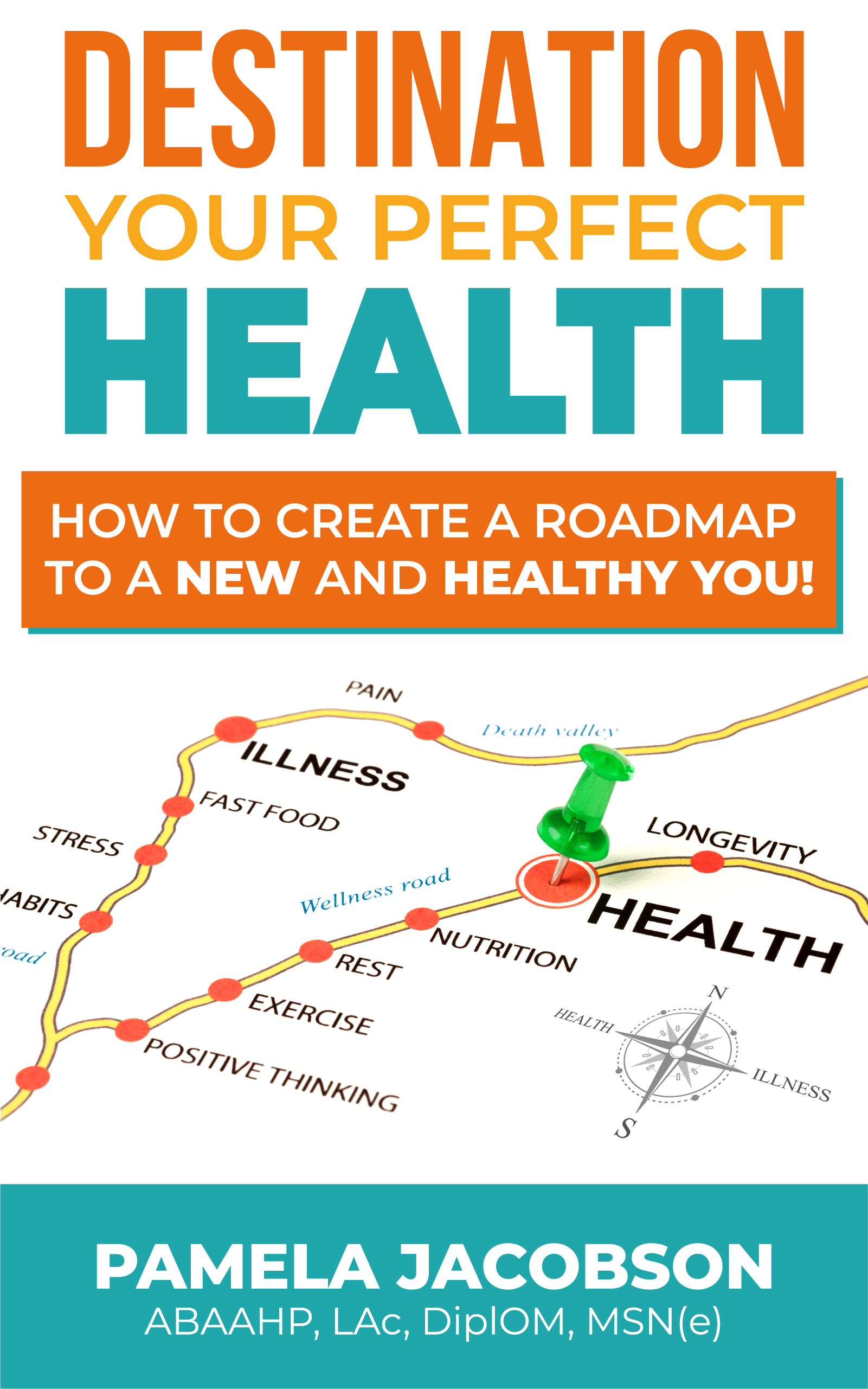
Article by Hara Estroff Marano originally published with Psychology Today
Remember that deep dive into the peanut butter in the months after 9/11? How about the incredible allure of chocolate when the seemingly last possibility for anything wonderful has just fizzled in your face? No, it's not your imagination. You really do crave rich foods when stress is unrelenting. And a very special and well-meaning collaboration between your brain and your body makes you do it.
The newly discovered body-brain partnership may shed new light on so-called atypical depression, the common variant of disorder in which sufferers eat and sleep excessively and gain weight, in contrast to garden-variety depression, marked by obvious anxiety, loss of appetite, insomnia and weight loss. Further, it may explain why antidepressants commonly cause weight gain.
We seek chocolate, ice cream or napoleans, scientists have discovered, not just because they taste good. It's actually the body's attempt to put a brake on the runaway machinery of chronic stress.
The body, it turns out, has a lot of natural wisdom in its operations. It just wasn't designed to cope with eternal stress, nor with SubZero freezers or a food shop on every corner.
Here's how the stress system works. Say you're driving on the freeway, a car cuts you off and you instantly swerve out of the way to avert disaster. For some time afterwards you're frazzled and jumpy and your heart feels like it might leap out of your chest.
When you experience sudden danger, your brain instantly signals your body to turn out a hormone called cortisol. It in turn relays the message throughout the body to mobilize you for a life-saving response. Your heart races. You become highly attentive and alert, even vigilant. Blood vessels constrict and divert the flow of blood from leisurely processes such as digestion to fast-acting muscles. Metabolism shifts too, and energy is made rapidly available to your muscles, readying them for action.
But such emergencies don't last forever. Your stress response system has built into it the capacity to turn itself off. The stress hormone cortisol acts as its own shut-off signal. When it reaches the brain it commands the brain to cease the body's production of the hormone.
Chronic stress is another story completely, reports a team of researchers from the University of California at San Francisco. The system does not turn off. As the situations that give rise to stress endure, they keep ramping up production of cortisol. You go into an inner Code Red, marked by anxiety, vigilance, and hyperalertness. Depression is one consequence of chronic stress.
At the same time, other "nodes" of the long-term stress circuit are activated. One of them directs you to search for extremely pleasurable food, notably high-energy bundles of fat and sugar like cream puffs and chocolate bars. They become comfort foods in every sense of the word.
Left to its own devices, the long-term anxiety set off by chronic stress would deplete your energy reserves; you wouldn't survive very long. But fat- and sugar-laden foods help your body build up reserves and stay in the game of life.
"One of the functions of stress hormones is to move energy around," explains Norman Pecoraro, Ph.D, a postdoctoral fellow on the San Francisco team. The escalating levels of cortisol released in chronic stress usher the excess calories straight to your abdomen, where they get deposited as fat. By virtue of its location, abdominal fat has privileged access to the liver. That allows it to be quickly mobilized for energy.
Here's the mark of the body's brilliance. Those fat deposits are absolutely crucial. They send out some metabolic signal that feeds back to the brain, telling it to shut off the stress response. Those who eat cream puffs and chocolate are trying to give the body what it needs to dampen output from their stress system, Pecoraro says. "Eating seems to ameliorate some of the symptoms of depression, so you won't feel as anxious. This seems to be the body's way of telling the brain, 'It's OK, you can relax, you're refueled with high-energy food.'"
He finds it highly provocative that an unwanted side-effect of antidepressant drugs is obesity. Maybe it's not a side effect but the main effect. "It raises the question, what's causing the improvement in mood. Is it a direct action of the serotonin re-uptake inhibitor on the brain? Or is it an indirect action, a consequence of increased feeding induced by the drug?
His own guess is that it's a combination of things. "We're not saying that feeding is everything, but it certainly is important. It's the coin of the realm. Life just doesn't exist without energy."
The catch is, consumption of calorie-rich foods may make us feel better and function better, but it's bad for long-term health. The stresses we face today are not like the eat-or-be-eaten stresses we faced when our bodies evolved. Nowadays we're up against long-term job insecurity and romantic rejection. The stress goes on and on and we feel immobilized by it. The energy reserves do not get used up.
There's a pizza place down the street or the oversize freezer in the next room that speaks directly to your ongoing need for stress relief. You keep gaining weight around your abdomen. Unfortunately, abdominal obesity puts you at specific risk for diabetes and heart attack.
Pecoraro says the discovery of the metabolic signal from fat stores is the result of 30 years of research by Mary Dallman, Ph.D., on the stress system. The details were worked out in rats, but the findings, reported in the Proceedings of the National Academy of Sciences, "resoundingly" apply to humans.
What's more, he says, they seem to solve the puzzle of atypical depression. The difference between atypical and typical depression may lie in the degree to which chronic stress sets off the defensive alerting system versus the appetitive system. "Atypical depression may be an attempt to self-medicate with food, to reduce the stress hormone output, with the unfortunate side effect of visceral obesity."
There is a way out, Pecoraro says. There are other ways to shut off chronic stress. There's exercise, yoga, meditation, hot baths and, yes, sex. They all stimulate the same pleasure centers in the brain that make us seek comfort food. Relaxation techniques may work even earlier in the process, by reducing the psychological perception of stress in the first place.
"In the short term, if you're chronically stressed it might be worth eating and sleeping a little more to calm down, perhaps at the expense of gaining a few pounds," says Pecoraro. "But seeking a long-term solution in comfort food—rather than fixing the source of the stress or your relationship to the source of the stress—is going to be bad for you."
